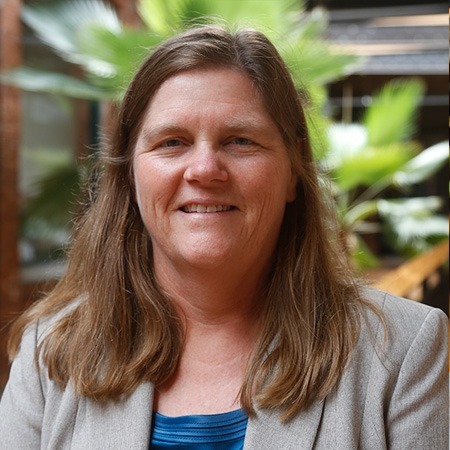On hol(e)y ground.
Posted November 27, 2017:
The term “karst” has traditionally been used to refer to regions of exposed soluble bedrock having an abundance of surface landforms, such as sinkholes, sinking streams, and springs, that reflect the presence of subsurface voids or caves. Soluble bedrock includes limestone and dolomite, which are composed of calcium and magnesium carbonate. These rocks tend to dissolve or erode over time when in contact with surface water or groundwater. Kentucky and most of the Southeastern US has an abundance of karst terrains or landscapes.
The use of the term “sinkhole” is restricted for existing surface depressions or surface collapse of limestone and dolomite bedrock. Sinkholes happen, and when they do, it can be a sudden and drastic event. Some famous sinkhole collapses come to mind, including the Corvette Museum in Bowling Green, KY in 2014 that destroyed several Corvettes, and a suburban Tampa, FL event in 2013 that swallowed a man sleeping in his bedroom and whose body was never recovered.
Many sinkholes develop over a period of hours or days, and the flight to safety is usually successful. However, the fact remains that the solid ground we live on may not be so solid below us, and due to ongoing groundwater and erosive activity, may contain voids and caves. We may be living on holey ground and not know it.
How do we or can we predict sinkhole collapses? An experienced professional geologist can perform an onsite inspection, review geological maps and drill hole records, or conduct closely spaced, detailed subsurface geophysical surveys that might help to determine whether a sinkhole event is possible or probable. However, the prediction of certainty or much less the timing of a sinkhole collapse is not scientifically or statistically possible.
Proper engineering and planning for constructing roads, buildings, or site layouts in karst prone areas generally require some associated geotechnical work that involves a surface and shallow subsurface analysis of the soil, bedrock, and groundwater. SynTerra has an experienced staff of licensed surveyors, engineers, and geologists capable of conducting site-specific investigations to fit most client needs. Please contact SynTerra for more information on how we can help.




